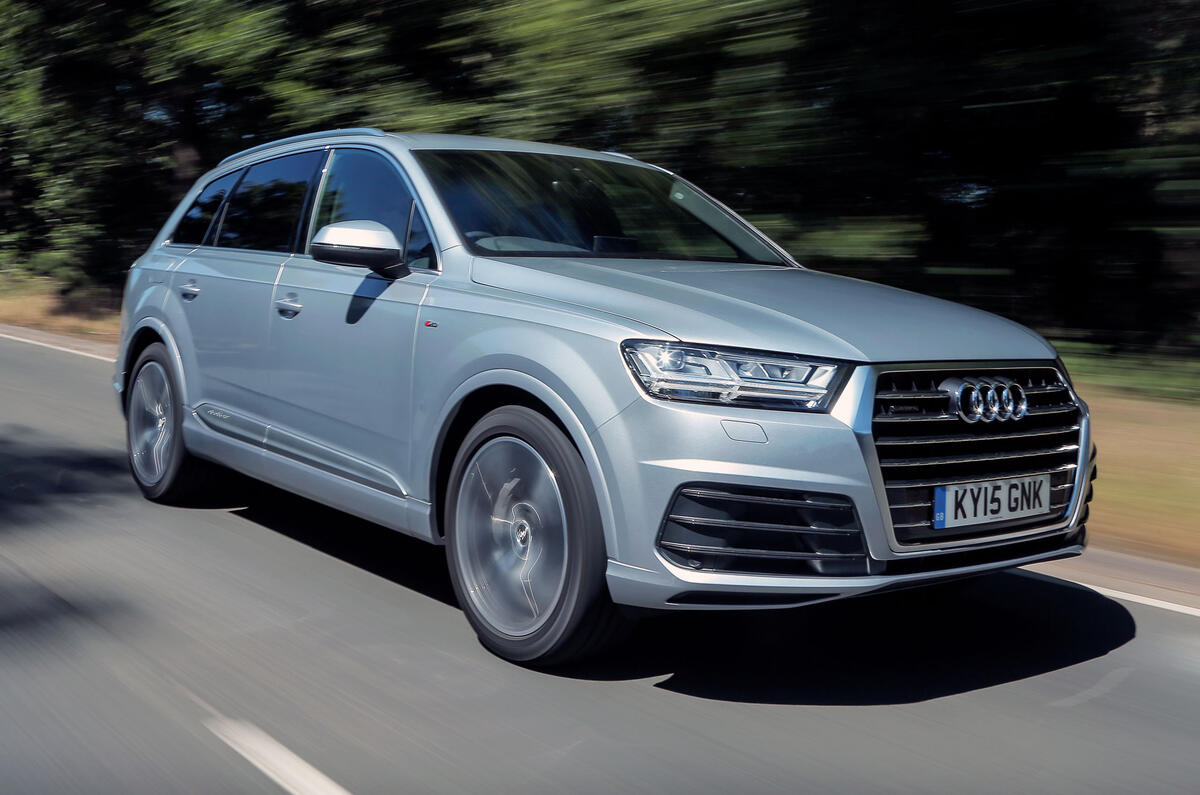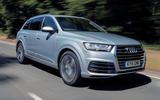The rise of car sharing and new ways of owning and accessing cars over the next decade could cause companies to sell fewer cars, according to Audi sales and marketing boss Dietmar Voggenreiter.
However, he said there would be more active customers and a greater number of miles travelled, despite fewer sales. He also expects “different criteria” for gauging the success of a car company instead of just numbers of cars sold.
Audi’s strategy for the past few years has been to reach annual sales of two million units. It sold a record 1.871m in 2016. Voggenreiter said the new strategy, as part of the Volkswagen Group’s Strategy 2025, was geared towards a “sharing economy”, with “more ride sharing and more mobility”.
He said: “It will be different - more and more on-demand, with people not owning but using - so we don’t count registrations. It’s the opposite. Will you need fewer cars for the same motorists? There’s a new product for that.”
Voggenreiter highlighted a pilot project in Hong Kong called Audi On Demand, where an apartment block has 1000 flats but only 150 parking spaces. Residents are able to rent a Audi Q7, TT RS or Audi A3 from those spaces on demand when they need it using a smartphone app.
Voggenreiter also said as much as 20% of Audi’s future business could be in software development. That’s not just through apps and car sharing schemes, but also functions in cars, such as the second owner paying for remote software updates to add functionality to their car that the original owner chose not to have.
Audi e-tron electric SUV to arrive in 2018 with 310-mile range











Join the debate
Add your comment
Audi sales decline
Short life engineering?
Short life engineering